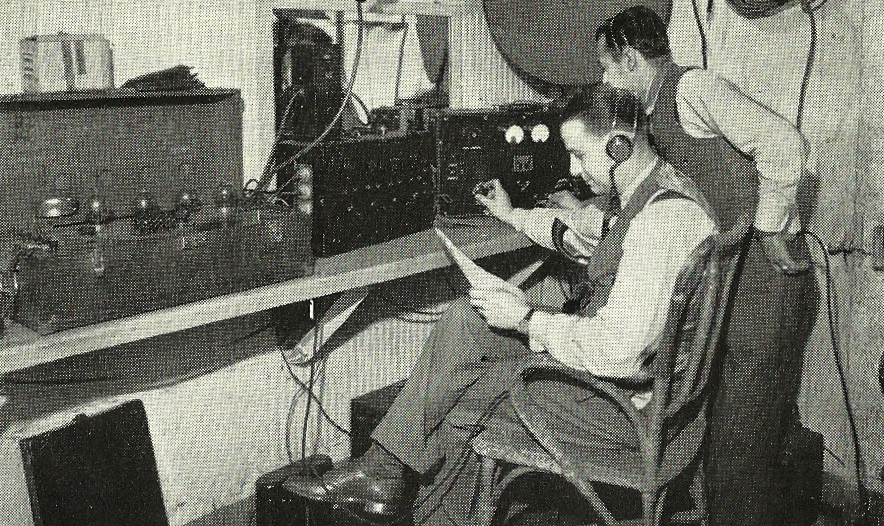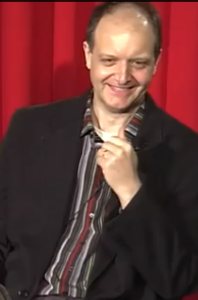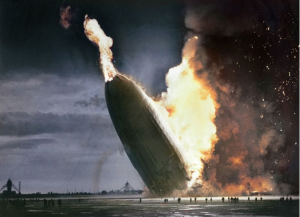WLS AM 890 wasn’t always a Republican propaganda machine or a vomitorium for all the commercials Cumulus Media could cram into every hour. For most of its 90 years on the air, it was a pretty great radio station.
Nine decades to the day after Sears, Roebuck and Company began broadcasting WLS (for “World’s Largest Store”) — on April 12, 1924 — Steve Darnall will devote a special edition of “Those Were the Days” to the station’s glorious and influential past.
This weekend’s program, "Ninety Years of WLS Radio,” will spotlight some of the most famous broadcasts of its early years. The weekly old-time radio showcase airs from 1 to 5 p.m. Saturdays on College of DuPage’s WDCB FM 90.9 and online at wdcb.org.
“It occurred to me as we were putting this show together that there aren't too many stations in America, let alone Chicago, that have had the same call letters for 90 years,” said Darnall, who succeeded Chuck Schaden as host and producer of “Those Were the Days” in 2009. “The shows we're planning to feature are a big part of why WLS was such a vital part of the ‘Golden Age’ of radio.”
Among highlights included in Saturday’s show:
- “National Barn Dance” (April 15, 1944) A celebration of the 20th anniversary of WLS, the home of “The National Barn Dance.” With host Joe Kelly, Arkie, the Arkansas Woodchopper, Pat Buttram, the Dinning Sisters, the Hoosier Hot Shots, Cindy Walker.
- “Fibber McGee & Molly” (September 23, 1935) From Chicago, Jim and Marian Jordan star in a broadcast from the show’s first year on the air, with Lynn Martin, the Johnson Merry Men, Rico Marcelli and the Orchestra, announcer Harlow Wilcox. Fibber is trying to fix the doorbell.
-
Hindenburg Eyewitness Account (May 6, 1937) WLS announcer Herb Morrison, at Lakehurst, New Jersey, to record the arrival of the airship Hindenburg from Friedrichschafen, Germany, ended up covering one of the biggest disasters in aviation history as the ship exploded and crashed. Recording engineer Charles Nehlsen captured the dramatic event on discs which were broadcast the next day on the full NBC network, the first recordings broadcast on the network in its 10-year history.
- “Breakfast Club” (April 28, 1958) An excerpt from the long-running show, with host Don McNeill and guest Bob Hope, who takes questions from the audience.
- “East of Midnight” (1960) An excerpt from the overnight show at the “new” WLS, as host Bob Hale plays records from the Fendermen, the Ames Brothers, Artie Shaw, Percy Faith and others. (Also including an excerpt from a contemporary conversation with Hale.)
“The history of WLS says a lot about how America changed during the 20th century,” Darnall noted. “In the early years — when a lot of the Midwest was more rural than urban — it was the ‘Prairie Farmer station,’ one of the first stations in America to offer folk and country music and humor. As post-war America transformed a lot of farm country into suburbs and youth culture began to emerge for the first time, WLS became a Top 40 powerhouse.
“In both instances, WLS forged a path that became the model for a lot of other stations. We're very pleased for the chance to recall a few of the station's many legendary shows and personalities from both eras — along with one of the most famous news stories of all time, which wouldn't have existed had it not been for WLS.”




